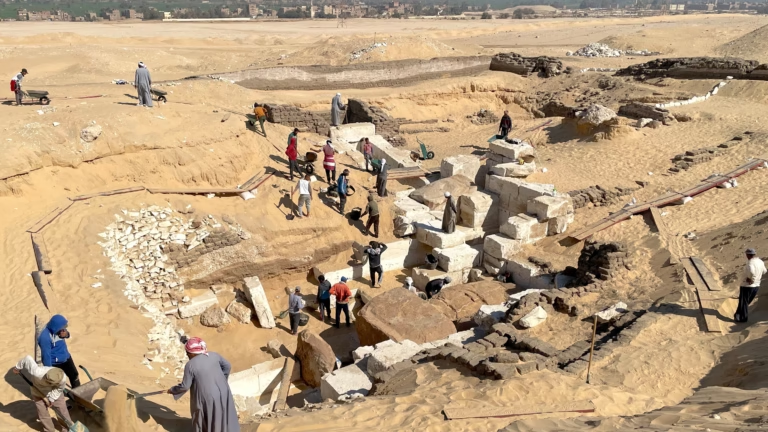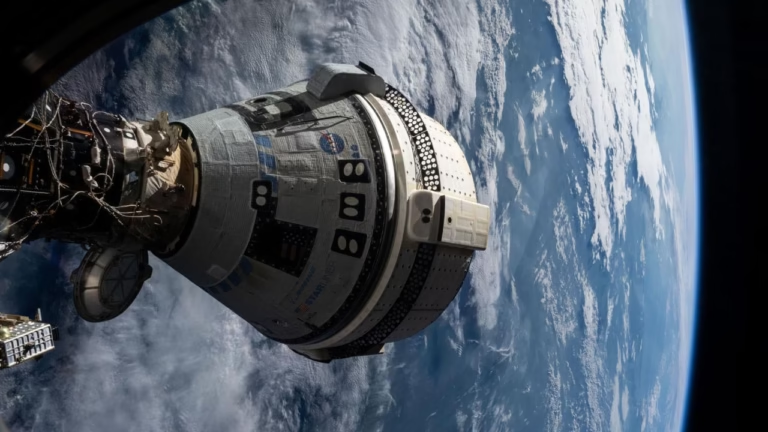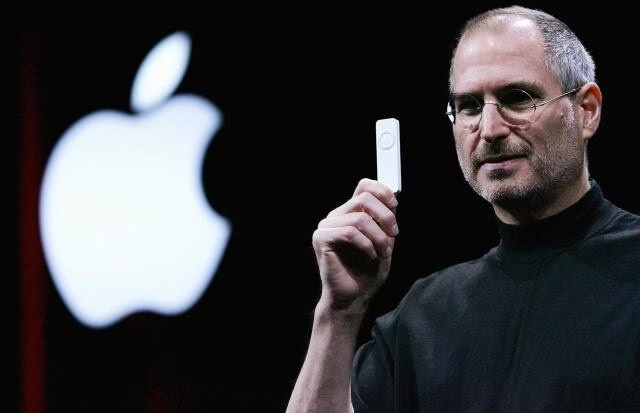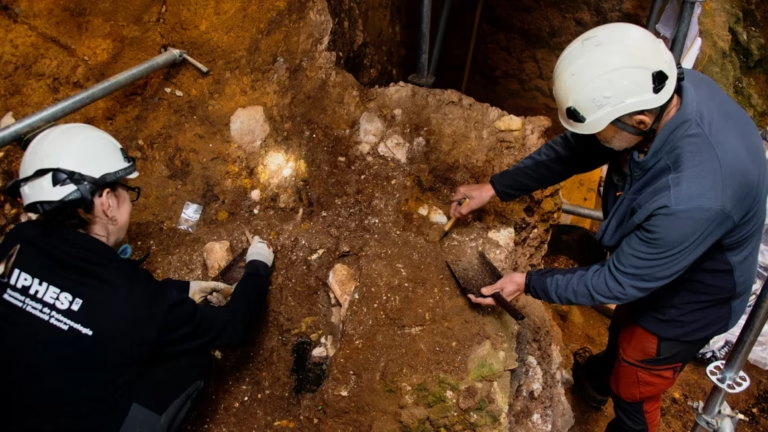Why Can’t We Remember Being Babies? New Study Reveals Fascinating Findings!

Have you ever tried to remember your earliest moments as a baby, but the memories seem to slip away? While we all know we lived through those early stages, it’s nearly impossible to recall specific details. A groundbreaking new study has shed light on why this happens, offering insights into how infant memory works.
The Mystery of Infant Memory
New research published in Science reveals that babies do form memories, but they can’t access them later in life. The study, led by Dr. Nick Turk-Browne from Yale University, involved 26 infants ranging from 4 to 24 months old. These babies were placed inside a specially designed fMRI machine to track brain activity as they were shown different images.

How the Experiment Worked
The babies were shown a series of unique images for two seconds each, with the researchers focusing on the hippocampus a part of the brain crucial for emotions, memory, and decision-making. Dr. Turk-Browne explains that the hippocampus is located deep in the brain and is not visible with traditional research methods. This challenge led to the development of new techniques for studying infant memory using an fMRI machine.
Understanding Memory Encoding
After viewing the images, the babies were shown a familiar image alongside a new one. The researchers then tracked their eye movements, noting which image they spent more time looking at. If a baby focused more on the familiar image, it suggested they recognized it, indicating memory recall. Babies who showed no preference likely had less developed memory.

The Role of the Hippocampus
The results revealed intriguing differences between younger and older infants. The hippocampus was more active in older infants when encoding memories. Additionally, only the older infants showed activity in the orbitofrontal cortex, which is involved in memory-related decision-making. This suggests that memory processing in the brain becomes more complex as babies age.
The Significance of the Findings
Dr. Lila Davachi, a psychologist at Columbia University, notes that the study highlights how babies encode memories of seemingly unimportant stimuli. While adult memory tends to focus on experiences that are meaningful, this study shows that even early memory encoding is active, though we may not remember it as we grow older.
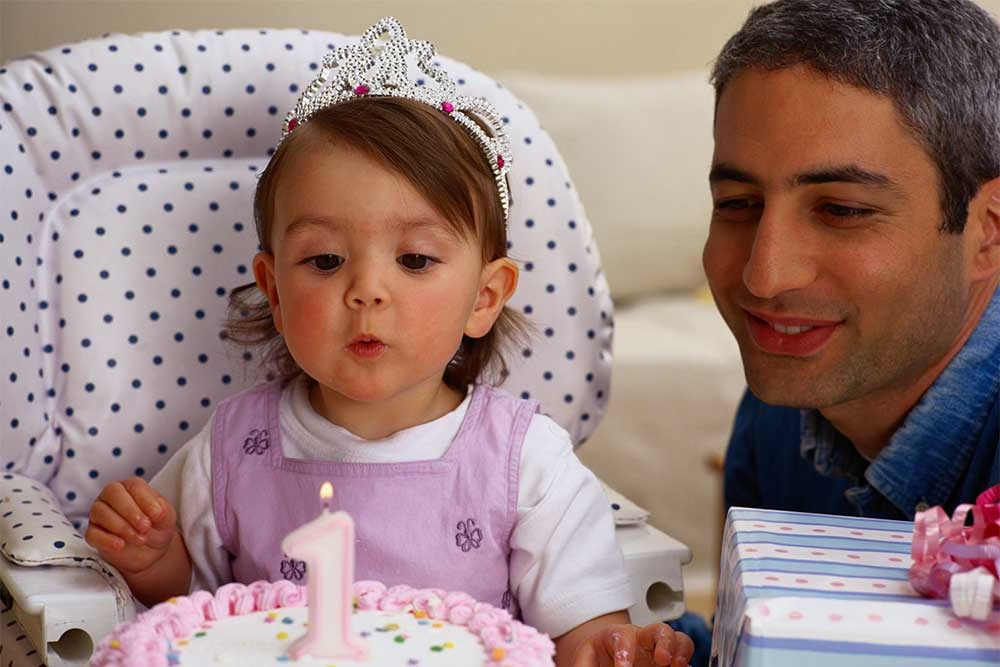
Why We Forget Our Baby Years
So, why can’t we access these early memories? It’s likely because the hippocampus, crucial for memory recall, doesn’t fully mature until later in childhood. As a result, while babies can encode memories, their brain structures are not yet capable of storing and retrieving them as they grow. The study offers a fascinating glimpse into how our brains develop, making it clear that our earliest memories remain locked away, hidden by the very mechanisms that allow us to learn and grow.

